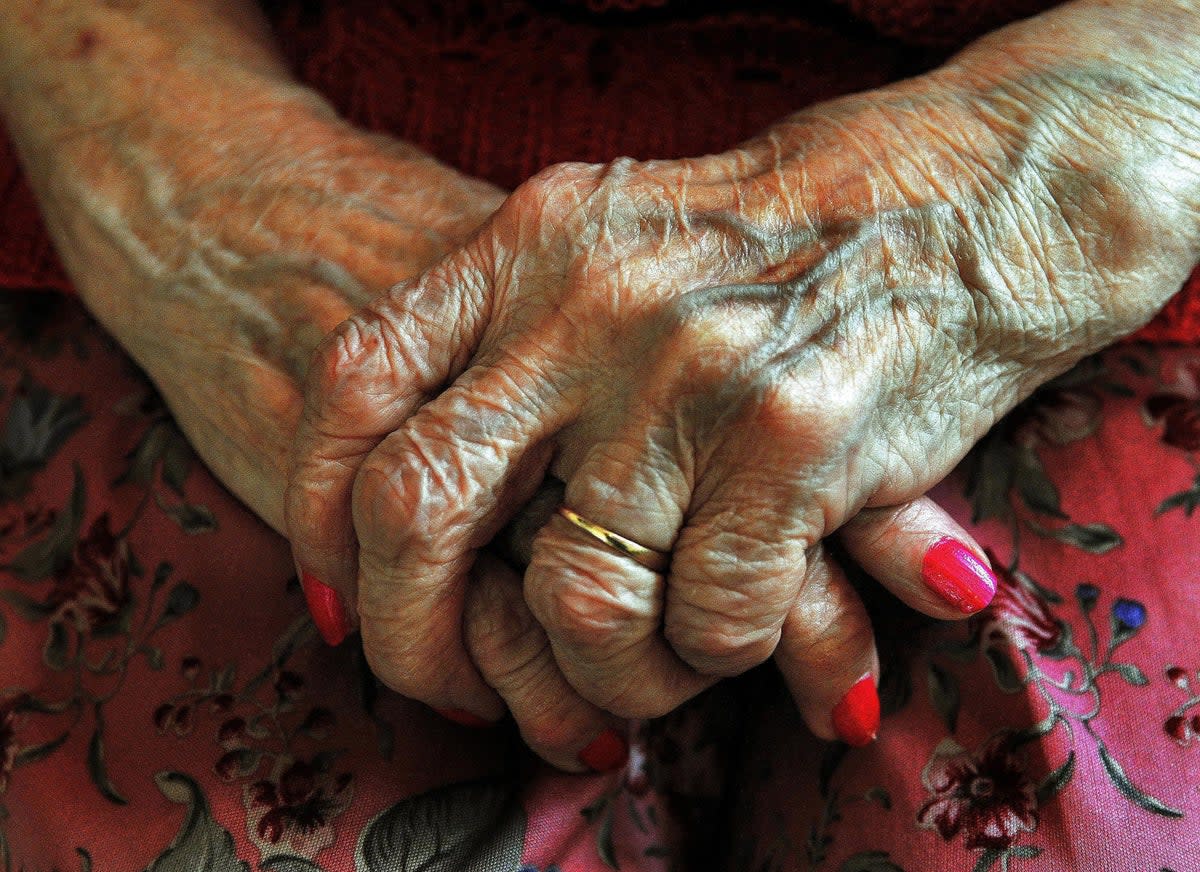What is motor neurone disease? New drug ‘remarkably’ slows its progression

Doctors have discovered a treatment that reverses progressive muscle weakness in sufferers of motor neurone disease (MND).
Results from an international study showed patients who had monthly injections of the drug tofersen showed better mobility and lung function after a year of treatment.
The UK part of the study, which was led by Pamela Shaw, the professor of neurology at the University of Sheffield, reported it was the first time in more than 25 trials on MND that she had seen an improvement in muscle function.
“Never before have I heard patients say: ‘I am doing things today that I couldn’t do a few months ago – walking in the house without my sticks, walking up the garden steps, writing Christmas cards,’” she said.
One patient from the study who was in a wheelchair is now able to walk without sticks.
But what is MND?
What is motor neurone disease?
According to the NHS, MND is an uncommon condition that causes weakness in the brain and nerves and gets worse over time. It affects about 5,000 people in the UK.
The astrophysicist Professor Stephen Hawking had the condition for many decades.
There’s currently no cure for it and it can significantly shorten life expectancy.
Symptoms of MND include muscle weakness, twitches, slurred speech and difficulty swallowing.
Who gets motor neurone disease?
It mainly affects people in their 60s and 70s, but it can affect adults of all ages. It is caused by a problem with cells in the brain and nerves called motor neurones. These neurones block the signals sent from the brain to the muscles, which leads to muscle weakness and paralysis.
According to the study, there are about 30 genes that are known to cause or predispose people to the disease. A mutation in one of them, called SOD1, is the trigger in about two per cent of all cases.
But the new drug, made by Biogen, stops the faulty SOD1 gene from making a protein that causes nerve damage.
The American biotechnology company is expected to submit the new results to UK, US and European drug licensing authorities.
It has started an “early access programme” that allows anyone with MND and the SOD1 gene to have the drug free of charge until it is available on the NHS.


